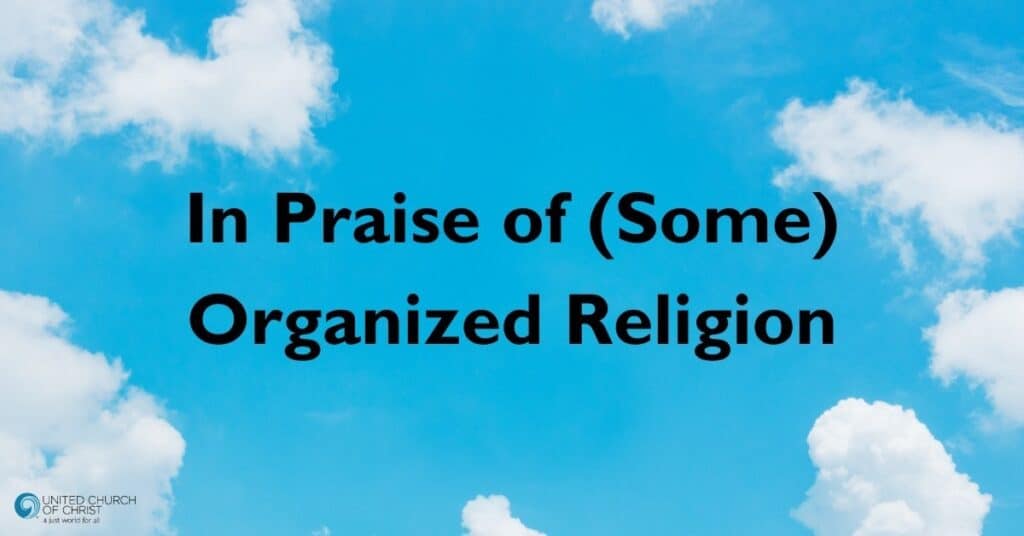People over Profits
Making a whip of cords, he drove all of them out of the temple, both the sheep and the cattle. He also poured out the coins of the money changers and overturned their tables. He told those who were selling the doves, “Take these things out of here! Stop making my Father’s house a marketplace!” – John 2:15-16 (NRSV)
When Jesus drove the money changers out of the temple, he was angered because their focus was profits over people. The issues that we’re facing with our crumbling water infrastructure in thousands of US cities are similar: Those who have been slowly poisoning us care about profits more than people.
According to the New Lede, one in ten US residents are being exposed to water safety violations, with nearly 70% of those people belonging to socially vulnerable populations. The United States has a long history of viewing the poor, BIPOC communities, and those with disabilities as disposable. Zoning for industry alongside historically redlined communities was by design, exposing the residents to contaminants in the air, the ground, and the risk of it seeping into the water supply.
What active choice did Jesus make when he was confronted with the spirit of greed in the temple? He organized. It is a long-standing belief amongst community organizers that Moses and Jesus were exceptional community organizers of their time. The active choice that Jesus made was to fight to cast out greed and encourage people to return to the service of God that was in their hearts. It is our moral responsibility to do what Jesus would have decided upon in our current situation. All of us are organizers when we want to be. The basic handling of life tasks requires us to be so for our personal goals. What about our spiritual goals when we know that what is right is on the line?
One hundred and six years ago this month, civil rights activist Fannie Lou Hamer was born. In 1964, she addressed many of the same issues we’re facing now. Police brutality and racism were part of the everyday life that she endured; voting rights, reproductive justice, and disability rights were just some of the things she fought for. In spite of and because of her hardships, she became and remains a beacon of light for many. In 1964, as a disabled, poor, black woman, she ran for Senate in the Jim Crow South. Her ability to maintain a cheerful, yet determined disposition while singing hymns and pushing for progress was part of what gave her the inner strength. She was a normal person, but her faith and collaboration with others made her and those she worked with mighty. I’m telling you this because this can be the truth for each of us.
People often think that movements are driven primarily by one celebrity and then magic fixes all of the problems. That is the furthest thing from the truth. The real magic happens when enough of us acknowledge that something isn’t right and that we should take action.
Each of our gifts and talents can create those magical movement moments. The collective “we” is going to need each of us to embrace our talents for the fights ahead. Whether you are a pastor in an impacted community, a marketing/customer service specialist in a neighborhood nearby, or a caring profession professional in the community, you can change the trajectory of our movement. The UCC has been a consistent voice in the battle against environmental racism since the term was coined by UCC pastor Rev. Benjamin F. Chavis, Jr. nearly forty years ago. The question that I have for you is about your legacy. What is your legacy as a UCC member and as a person passionate about justice? If you want to join the fight to protect creation and our most vulnerable, get in touch with me. We have work to do.
ABOUT THE AUTHOR
Marissa Clark is the Environmental Justice Fellow/Organizer for the United Church of Christ.
View this and other columns on the UCC’s Witness for Justice page.
Donate to support Witness for Justice.
Click here to download the bulletin insert.
Related News
In Midst of Anti-Immigrant Discourse, People of Faith Must Offer a Prophetic Welcome
In the midst of the 2024 presidential election, anti-immigrant rhetoric is on the rise. A...
Read MoreThe Purpose of Education
What is the purpose of education? For many, it is economic advancement. We pursue education to...
Read MoreIn Praise of (Some) Organized Religion
A new report on spirituality in the United States was recently released by the Pew Research...
Read More
